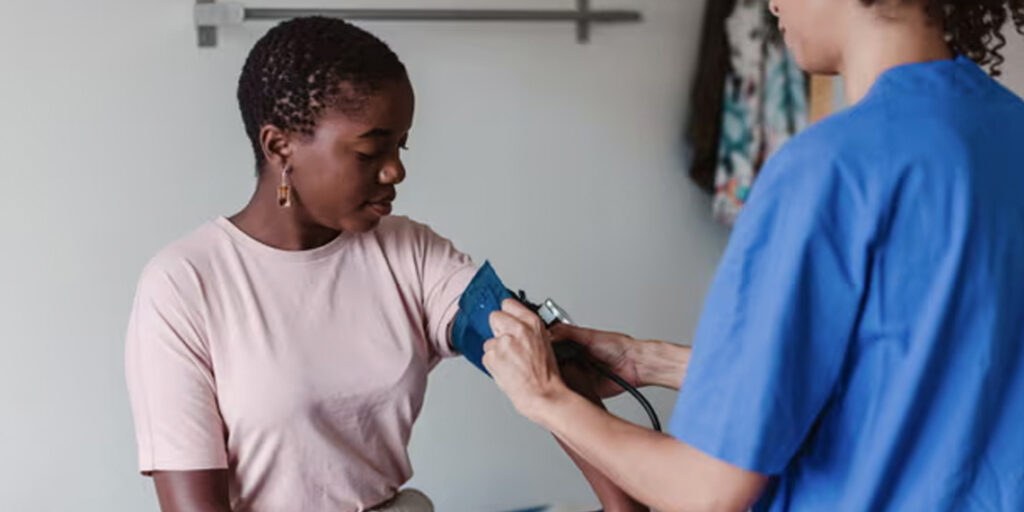Black and Asian cancer patients in the UK have significantly lower survival rates following donor stem cell transplants compared to white patients, according to the largest study of its kind.
The research, published in The Lancet Haematology, analysed data from 30,000 NHS patients who underwent stem cell transplants between 2009 and 2020, including 19,000 cancer patients.
The findings revealed stark disparities in outcomes. Cancer patients from minority ethnic backgrounds were at higher risk of fatal complications after a transplant, with Black and Asian patients particularly vulnerable in the first 100 days post-transplant.
Adult Black and Asian patients were found to be 1.5 times more likely to die within five years of the procedure compared to their white counterparts.
For children, the disparity was even more pronounced. Asian children faced a 32% risk of death within five years of receiving a donor transplant, compared with a 15% risk for white children.
Stem cell transplants are a critical treatment for blood cancer and serious blood disorders, replacing a patient’s unhealthy stem cells with genetically matched donor cells.
However, the study underscores that minority ethnic patients face substantial barriers and worse outcomes in accessing and benefiting from this life-saving treatment.
Previous research has shown that ethnic minority patients have only a 37% chance of finding a well-matched donor, compared to 72% for white patients. Researchers believe this disparity may contribute to the poorer outcomes observed in Black and Asian patients.
Dr Neema Mayor, lead author and director of immunogenetics and research services at Anthony Nolan, described the findings as a breakthrough in understanding health inequalities in stem cell transplant outcomes.
“This study shows for the first time that ethnicity affects survival following a stem cell transplant,” said Dr Mayor. “There are likely complex genetic, socioeconomic, and systemic factors intersecting with ethnicity that influence outcomes. Our research is actively investigating these to ensure equal access and outcomes for all patients.”
Professor John Snowden, a consultant haematologist with the British Society of Blood and Marrow Transplantation and Cellular Therapy, stressed the urgency of addressing these disparities.
“This study highlights significant health inequalities that demand further investigation and correction to ensure all patients, regardless of ethnicity, receive the same chance of life-saving treatment,” he said.
While the study marks a critical step in identifying the inequities faced by minority ethnic patients, researchers emphasise the need for further investigation into genetic, societal, and systemic factors driving these outcomes.
The hope is that this work will pave the way for improved matching systems and equitable healthcare practices, ensuring better outcomes for all.


